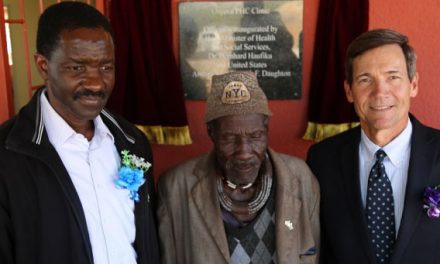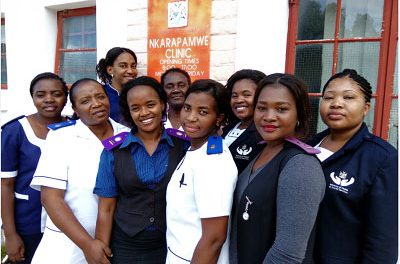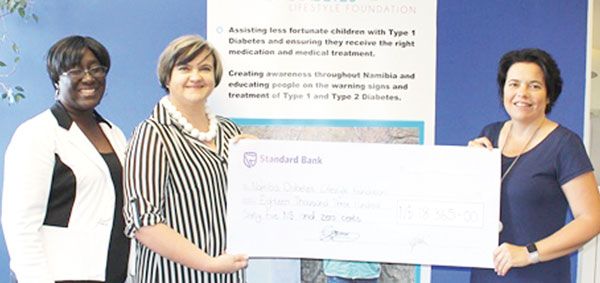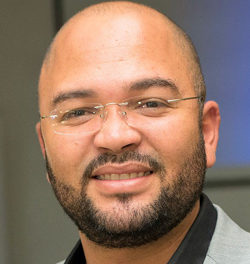
Walvis Bay Corridor Group Execs participate in 10th International AIDS Society Conference

In an effort to consistently enhance our Wellness Services to the public the Walvis Bay Corridor Group’s Wellness Service Project Manager, Edward Shivute and WBCG Acting’s CEO, Clive Smith attended the International AIDS Society (IAS) Conference on HIV Science held in Mexico City on 21 to 24 July.
The IAS Conference on HIV Science is the world’s most influential meeting on HIV research and its applications, with over 6000 researchers, advocates, policy makers, funders and community leaders attending.
This biennial conference presents the critical advances in basic, clinical and operational research that moves science into policy and practice. Through its open and inclusive programme development, the meeting sets the gold standard of HIV research featuring highly diverse and cutting-edge studies.
Explaining that it is crucial to keep abreast of new developments in an ever-changing environment, Smith noted that WBCG’s participation at this important event further adds to the Wellness Services’ quest to provide primary health services at its various clinics and to continue to contribute towards the flight against HIV/AIDS in Namibia and the region.
Namibia has made great strides over the past decade in combating the effects of HIV/AIDS. The WBCG is indeed proud to work hand-in-hand with the Ministry of Health and Social Services and other partners to bring this epidemic under control.
Being proactively involved in mainstreaming the HIV response and supporting the transport sector and other stakeholders in Namibia, WBCG helps to design and implement evidence based HIV/AIDS and general employee wellness interventions.
Through a mixed model approach combining static Roadside Wellness Centre’s and Mobile Wellness Clinics with on-site HIV/AIDS and wellness workplace interventions, WBCG effectively addresses the health needs of the country’s hard-to-reach population such as long distance truck drivers and other mobile communities.











































